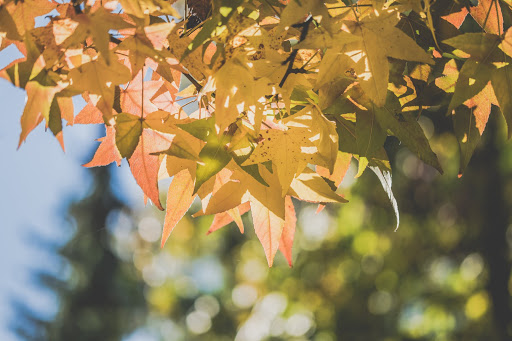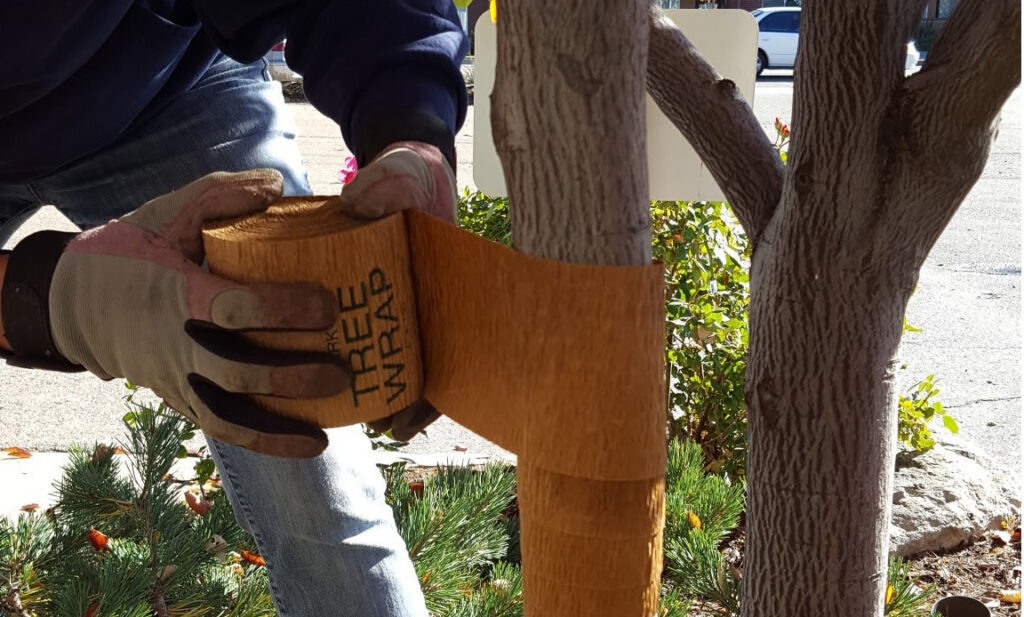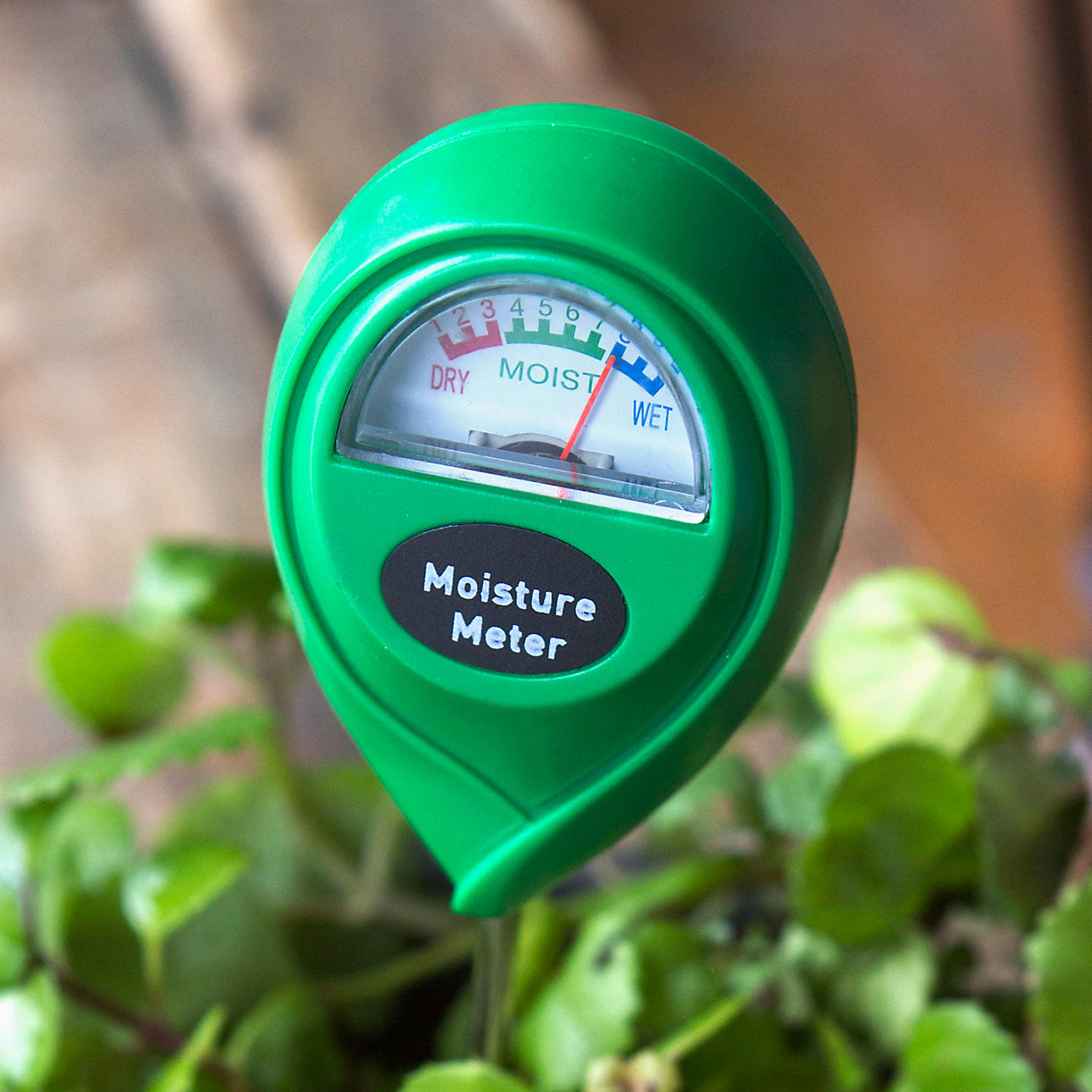Prepare Your Landscape for Winter
As temperatures and leaves drop, there are a variety of things you can do to protect your landscape!

Complete the last mow of the season
Your last mow of the year should be close to your normal mow height of around 3”. This length will allow for protection of the turf crown but be short enough to not promote snow mold.
Winterize your irrigation system & water features
Prior to the first freeze of the season, your back flow should be drained to protect it from freeze damage (or temporarily covered and insulated). Before the ground begins to freeze, the system should be blown out. This process involves blowing compressed air through your irrigation pipes and heads to ensure that most of the water is removed, which could cause them to freeze and break if not done.
Wrap tree trunks
Trees with a 6” or less caliper (trunk diameter) and smooth thin bark should have their trunks wrapped over the winter. Tree wrap is available at your local hardware or garden center.

Protect plants with mulch
Mulch aids in protecting plants and trees roots from freezing winter temperatures. Stick to a 3” maximum depth and avoid piling mulch on the trunk of your tree or directly on the stems of your shrubs as this keeps the plant too wet, and, in turn more susceptible to rotting, insects and diseases.
Cut back perennials
Perennials should be cut back this time of year after all foliage has browned. We recommend leaving ornamental grasses and Russian Sage uncut until early spring, as they provide great winter interest in the garden. Be sure to cut them back prior to spring growth resuming.
Remove and compost annual flowers & vegetables
Annual flowers and annual vegetables should be removed from your garden and added to your compost bin. This provides them with plenty of time to break down over winter, providing rich compost for planting in the spring.
Late Fall and Winter Watering

Purchase a moisture meter to check the moisture levels of your plant material over winter months. The best thing you can do for most of your plants is to make sure that the root zone is wet prior to the ground freezing. Winter water on days over 40°F. If you don’t like dragging hoses around in the winter, consider Native Edge’s winter watering services to help your turf and plants thrive.
Get In Touch
To schedule a consultation or request a quote for services please call 303-245-9166, send an email to information@nativeedgelandscapes.com or Get In Touch through our website. One of our Customer Care Representatives will be happy to help.
